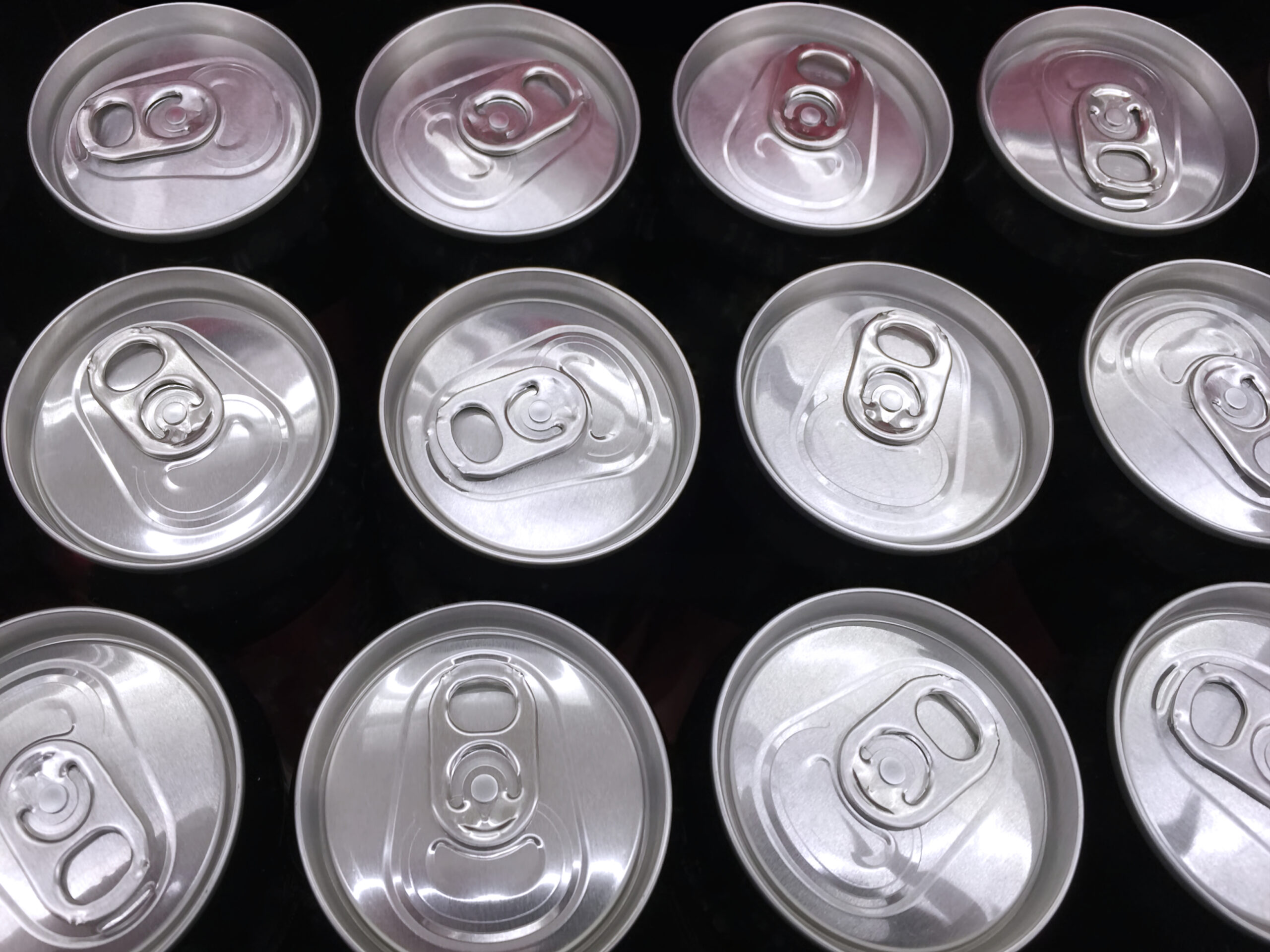
More Evidence on the Risks of Ultra-Processed Foods
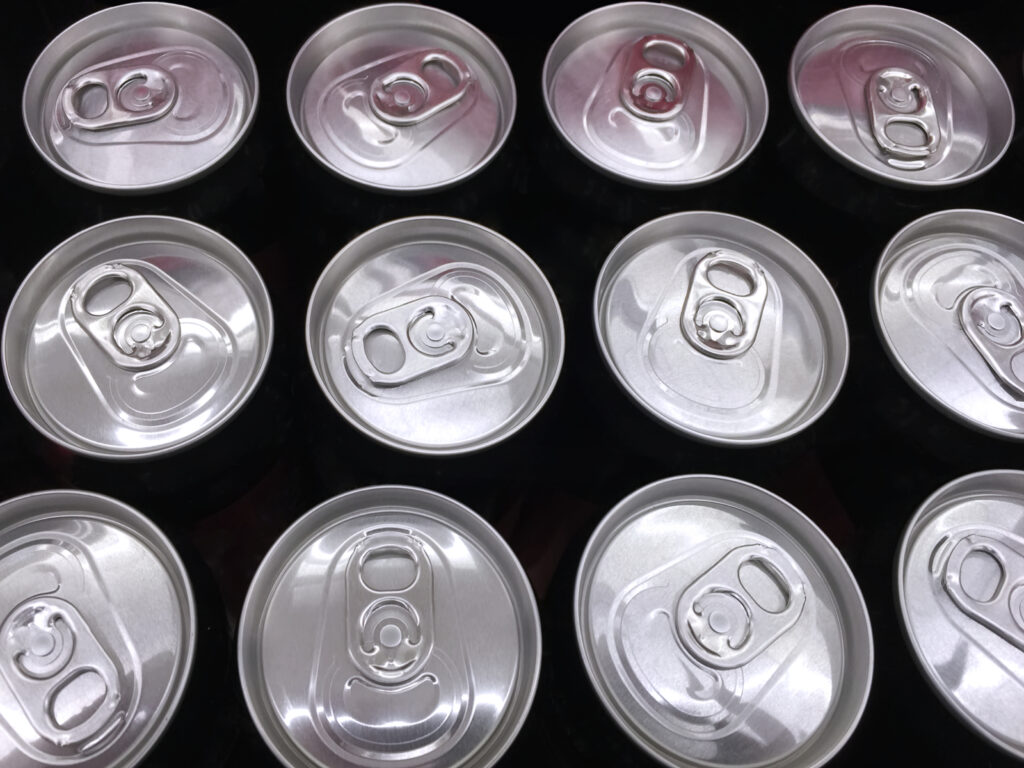
A lot of evidence has emerged on the dangers of ultra-processed foods of late. Ultra-processed foods are food items which have been heavily processed during their production, including soft drinks, mass-produced packaged breads, cookies and cakes, salty snacks, many ready meals / frozen meals, hot dogs, cold cuts, fast food, and most breakfast cereals.
They tend to be inexpensive, convenient and marketed as “healthy” options.
Unfortunately, despite their convenience, these foods are more and more being shown to cause health problems. In one study, people consumed 500 calories more per day when ultra-processed foods were part of their diet. In another study, ultra-processed foods were associated with a higher risk of cancer including brain, ovarian and breast cancer. Each 10 percent increase in ultra-processed food consumption was also associated with increased mortality for cancer overall by 6 percent, alongside a 16 percent increase for breast cancer and a 30 percent increase for ovarian cancer.
According to Everyday Health, other possible risks of ultra-processed food consumption include:
- Type 2 Diabetes Each 10 percent increase in the proportion of people’s daily calories coming from ultra-processed foods was associated with a 15 percent higher risk of diabetes.
- Heart disease Each 10 percent increase in the proportion of daily calories from ultra-processed foods is associated with a 12 percent higher risk of cardiovascular disease, and each additional serving of ultra-processed foods associated with a 9 percent higher risk of dying from heart disease.
- Cancer Each 10 percent increase in consumption of ultra-processed foods was tied to a 12 percent higher risk of all cancers.
- Dementia Each 10 percent increase in ultra-processed food consumption associated with a 25 percent higher risk of dementia.
- Early Death People who consumed the most ultra-processed foods were 62 percent more likely to die prematurely.
Other studies have shown skyrocketing consumption of ultra-processed foods by kids and teens.
So, what’s the take-home message? Know what you are eating. Cook more meals at home. Cut out soda, pre-packaged cookies, hot dogs and deli-meat, and substitute more plants, proteins, healthy fats and whole grains. And, talk to your CNC dietitian about what style of eating is healthiest for you!

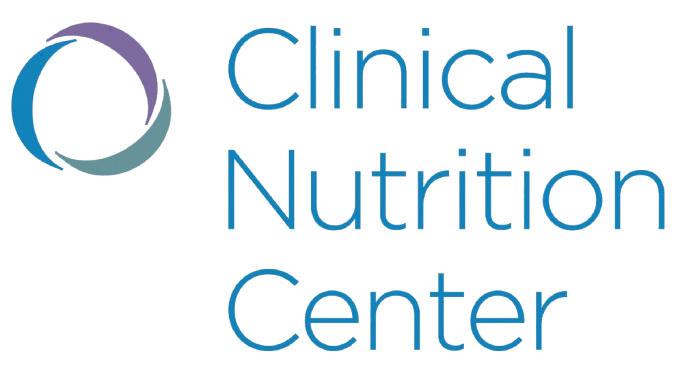
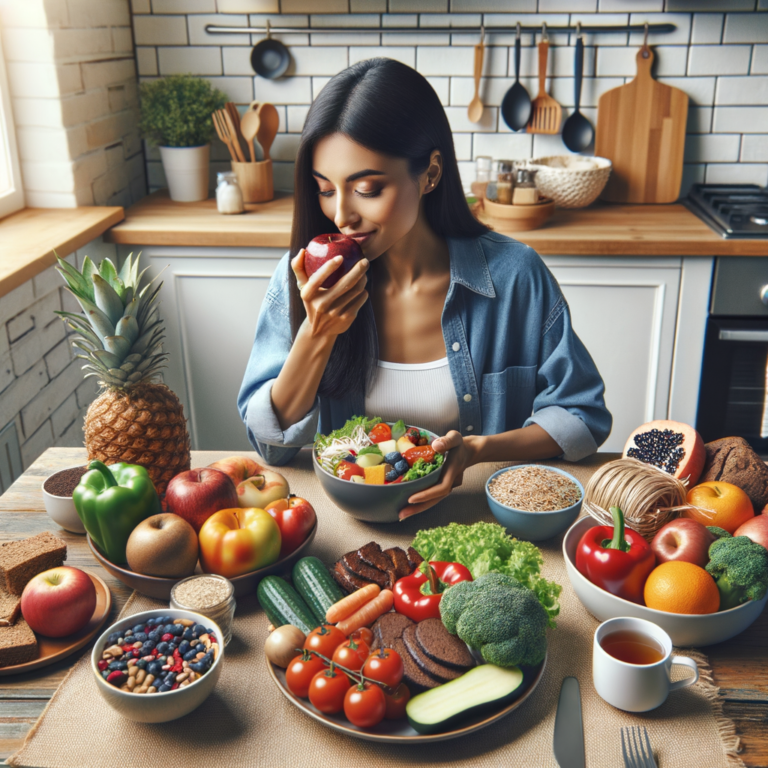
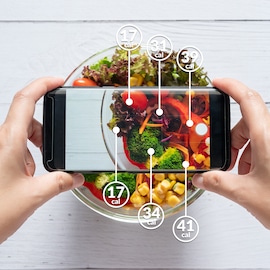

Dr. Lazarus,
Thank you for this informative article. I am a little confused. Most of the items listed in the article I never consume. There is one ultra processed food I use and that is a milk product. I chose this product because it has half the calories and half the sugar than other milks. I don’t consume it everyday but have read that ultra processed foods are processed at a high heat there for giving them a longer shelf life. I wondered how this milk I had chosen could have such a long shelf life compared to others, I now no why. That alone caused me to take pause. Now I’m reading about “Erythritol” and the link to stroke and cardiovascular problems. I use Stevia as a sweetener and went to great lengths to find one that didn’t have other bad ingredients. Now I find that I have been using one with “Erythritol”. I don’t use much of this product, most days two packets. It just seems to me if I feel the need to sweeten my coffee I would be better off with real sugar. Any thoughts on the effects of these products? I also would like to take this moment to tell you and my previous dietician there at CNC that your clinic was the best program I had ever been to. Unfortunately due to my husbands health we moved out of state. I have never found a replacement for the expertise you and your staff have there. My husband sadly has passed away and that hasn’t helped my weight issues, but keeping mindful of what I learned at your clinic I’m trying to manage. It’s these articles that are now causing me additional concerns regarding what I’m putting in my body while trying to manage weight loss on my own.
Kind Regards,
Andrea Clark
Hi Andrea – sorry to hear about your loss. I don’t use any sweetener any more in my coffee, and instead mix 1/2 real milk / 1/2 coffee. I’ve grown to love that combination, and also love not using any sweetener or sugar in anything that I drink. Ultimately it is your choice. Stevia seems a more “natural” choice. I appreciate the compliment re CNC dietitian – yes – I’ve had amazing RDNs through the years. Where do you live now? Perhaps I can recommend somebody closer to you?